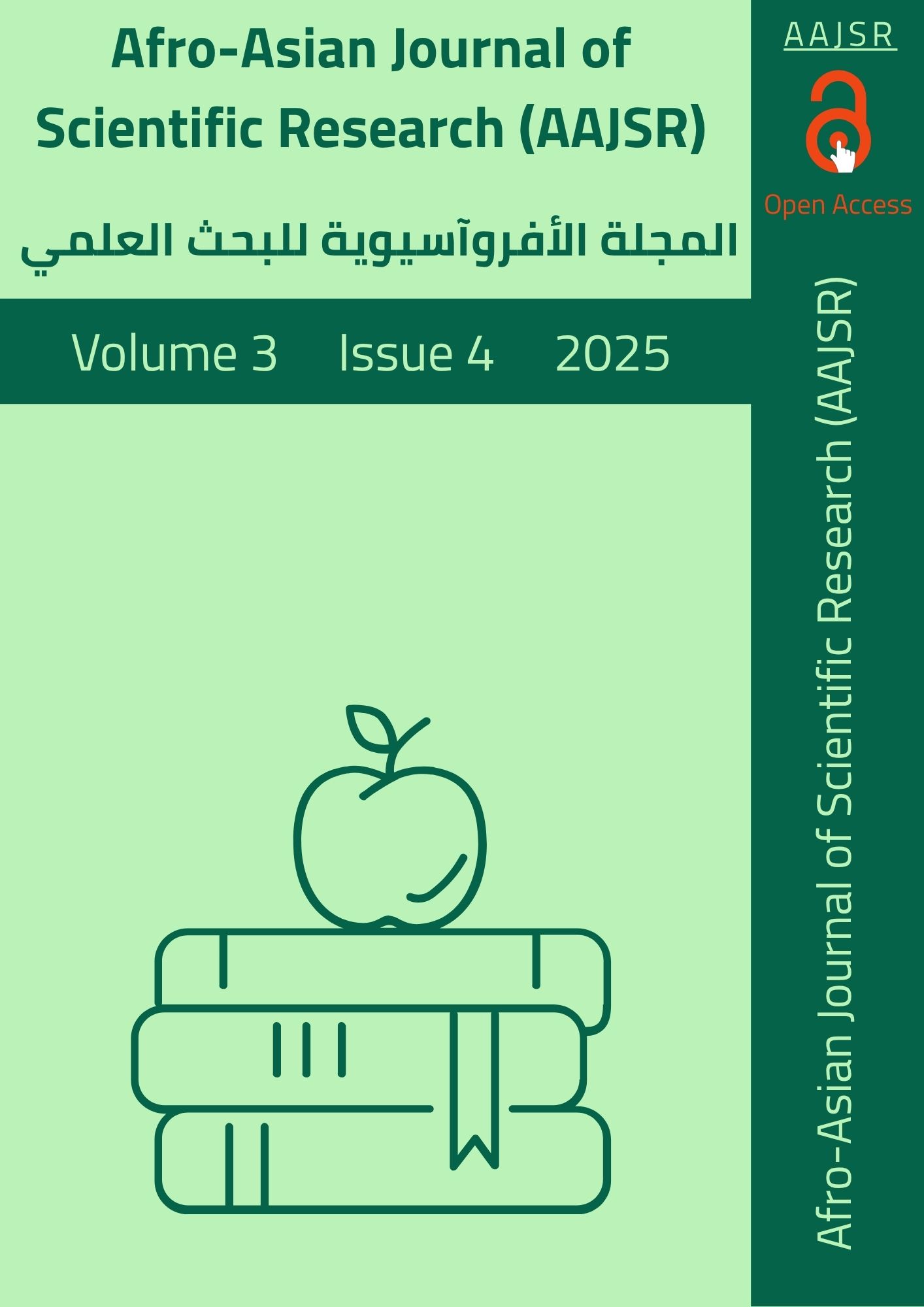Challenges Encountering Students in Translating Legal Texts: An Analytical Field Study
الكلمات المفتاحية:
Legal Translation، Translation Challenges، Legal Terminology، Undergraduate Students، Arabic-English Translationالملخص
Legal translation represents one of the most challenging specialized domains in translation studies, requiring sophisticated linguistic competence, profound legal knowledge, and deep cultural awareness. This analytical field study investigates the multifaceted challenges encountered by advanced English language students when translating legal texts between English and Arabic. A quantitative research design was employed with thirty-four undergraduate students enrolled in Translation III course at the Faculty of Arts, Misurata University. Data collection utilized a comprehensive twelve-item questionnaire measured on a three-point Likert scale, supplemented by demographic surveys. Statistical analysis using SPSS version 24 revealed significant challenges across multiple dimensions: 85.3% of participants reported difficulty translating legal contracts bidirectionally, 61.8% strongly agreed that sentence structure complexity posed major obstacles, and 88.2% identified culture-specific terminology as particularly challenging. Additionally, 94.1% found French and Latin legal terminology problematic, while 50% expressed limited confidence in maintaining translation accuracy and confidentiality. The findings indicate systematic deficiencies in students' preparation for legal translation, particularly regarding specialized terminology acquisition, comparative legal systems understanding, and cultural mediation strategies. Results underscore the urgent need for comprehensive curriculum reform integrating interdisciplinary approaches that combine linguistic training with legal conceptual frameworks and cross-cultural competencies. Pedagogical implications suggest implementing intensive practical training modules, exposure to authentic legal documents, collaborative learning environments, and sustained engagement with professional legal translation resources. This study contributes empirical evidence to translation pedagogy discourse and provides actionable recommendations for enhancing legal translation education in Arabic-English contexts.






